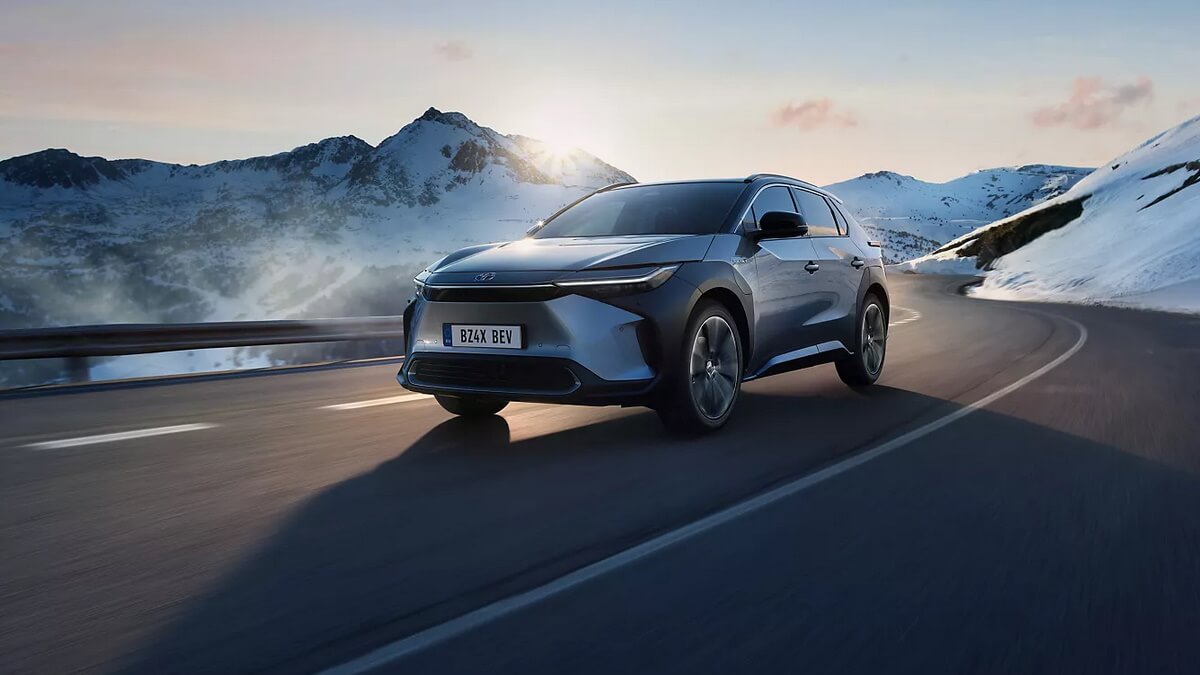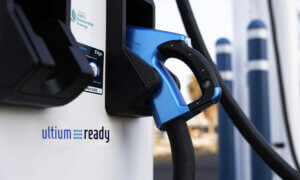On Tuesday, Toyota announced a huge technological breakthrough that could see electric car batteries halved in weight, size and even cost.
The company claims it can make a solid-state battery for cars that could get a 745 mile range with just a 10 minute charge. Sounds too good to be true?
It could be, especially considering that Toyota recently got a slap on the wrist from the UK Advertising Standards Authority.
Just last month, the Advertising Standards Authority banned ads about Toyota and Hyundai electric cars, saying they misled consumers about the speed of charging electric cars and the availability of electric car charging systems.
Toyota’s solid-state batteries
Toyota’s site claimed their car could be charged to 80% in about 30 minutes using a 150kW fast-charging system and that drivers could “easily find rapid-charging points in a number of public locations”. The problem? Although there are 419 fast 150Kw chargers in 134 locations across the UK, Scotland only has 7 of those, Wales has 2, and Northern Ireland has…none.
Now let’s see the solid-state batteries breakthrough Toyota announced this week.
“For both our liquid and our solid-state batteries, we are aiming to drastically change the situation where current batteries are too big, heavy and expensive,” said Keiji Kaita, president of the Japanese auto firm’s research and development centre for carbon neutrality. “In terms of potential, we will aim to halve all of these factors.”
What are solid-state batteries?
Solid-state batteries are the most exciting potential upgrade to electric cars, promising huge safety advancements (less risk of explosion or fire) and a boost in efficiency.
Since EVs are expected to replace ICEVs (internal combustion engine vehicles) in the next decade or so, most carmakers are in a race to find ways to boost the capacity of EV batteries in order to offer the same mileage a regular car gets.
This video is a fantastic explanation of how solid-state batteries work and below we’ll outline the main differences between solid-state batteries and lithium-ion batteries.
Solid-state batteries vs lithium-ion batteries
‘A lithium-ion battery is composed of cathode, anode, separator and electrolyte. A lithium-ion battery applied at smartphones, power tools and EVs uses liquid electrolyte solution. On the other hand, a solid-state battery uses solid electrolyte, not liquid,” explains Samsung.
The company also provided this handy diagram to understand the difference between Li-ion batteries and solid-state batteries.
Solid-state batteries are not a new invention, having been used in small electronic devices like smartwatches and even pacemakers.
Solid-state batteries promise not only faster charging times and increased mileage, since they’re smaller in size than li-ion batteries, but also superior safety. Since the electrolyte in liquid lithium-ion batteries is volatile and very flammable, electric cars are always at risk of fire or chemical leaks. And, as the firemen warn, those fires are nearly impossible to put out, with vehicles such as electric bikes exploding at rates never seen before.
According to Reuters, although solid-state batteries for EVs are what most automakers are investing in, right now the batteries are a lot more expensive than liquid lithium-ion batteries and are also prone to cracking.
Toyota’s Tuesday announcement claimed the company has simplified the production of the material used to build solid-state batteries, which could pave the way to the technology achieving mainstream adoption.
Will it happen soon? Right now, Toyota hasn’t delved into the specifics but says it plans to manufacture them as soon as 2027.
Also read: New UK Legislation to Hold Automakers, Not Drivers, Responsible for Self-driving Car Accidents
Follow TechTheLead on Google News to get the news first.

















